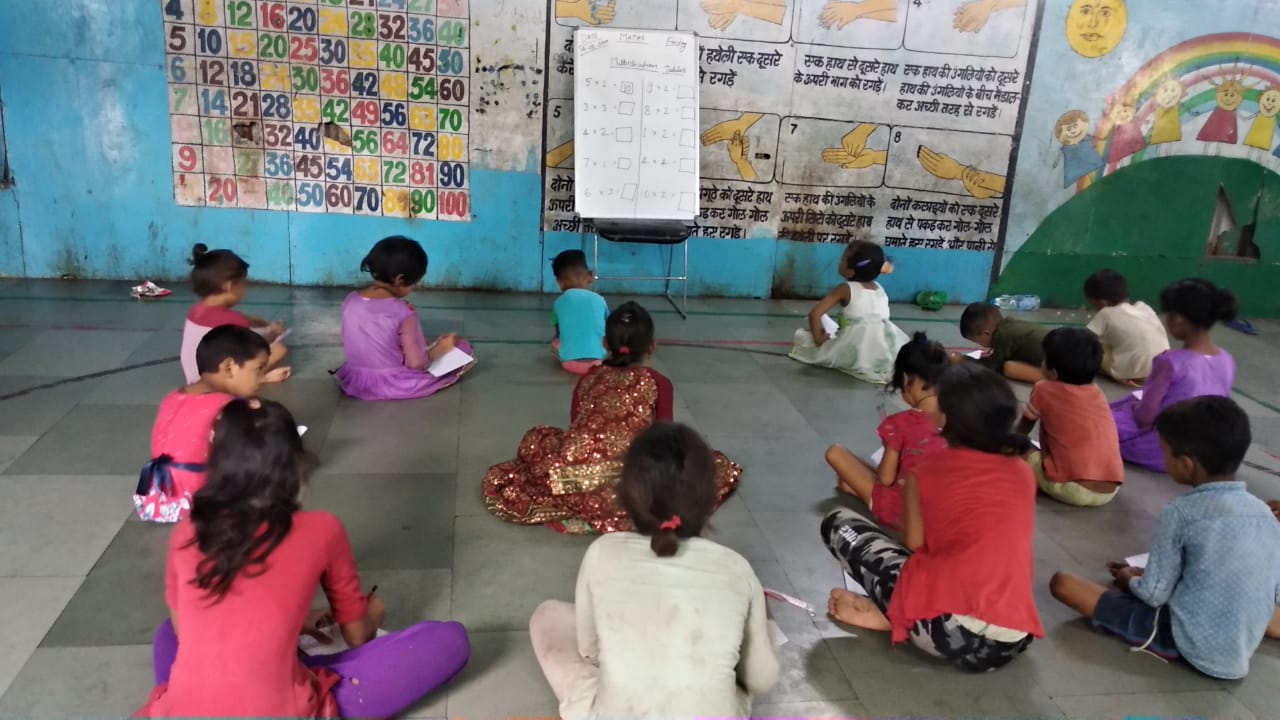Although education is a basic right, it still remains a distant dream for millions of children in India According to the Annual Status of Education Report 2018, not more than 2.8% of children are out of school in India. This signifies that around 97.2% of children in the country are enrolled in schools, but it doesn’t account for the children who are enrolled, but have irregular attendance and/or rarely attend school. Suffice to say, while the high enrolment in itself is a massive achievement, it tends to mask the gaps in learning and the deteriorating quality of education.
Many children in middle schools are still unable to read simple text and perform basic arithmetic calculations. According to the latest study, the numeracy and literacy standards today are worse than what they used to be 10 years ago. Even as the Right to Education Act has managed to reduce dropout rates and increase the number of children attending school, it has failed to improve the learning outcomes.
This is due to a number of reasons, a few of which are the fact that there aren’t enough teachers to teach the students, especially in small towns and rural areas and no improvement in the quality of education.
While the current education system has managed to bring about a positive change in the enrolment of both boys and girls in the country, it has done little to offer them any incentives to stay in school and receive quality education. There is an urgent need to transform the Indian Education System if the children of this country are to have a successful future.
What is the National Education Policy 2020?
National Education Policy 2020 seeks to improve literacy and numeracy of primary school children, reduction in dropout rates in middle and secondary schools. It aims to adopt a multi-disciplinary approach in higher education, giving them the flexibility to choose subjects across streams, instead of the strict division of Humanities, Science, and Commerce.
This new policy, if successful, can bring a real change in the learning attitudes of the children, drive up their attendance rates, and improve the learning outcomes. If a child has a good grasp on the basics taught at primary levels, he or she will have a better chance of understanding the concepts taught at middle and secondary levels.
NEP also seeks to improve the quality of education being imparted to the children by proposing the establishment of a common National Professional Standards for Teachers to be developed by the National Council for Teacher Education. This includes ensuring continuous growth and development of their capacities through mandatory workshops to be conducted for them.
NEP also shifts focus to a more holistic approach towards the growth and development of children. While academics are important, skill development is equally important. NEP 2020 will allocate 10 days a year especially for this purpose, where a child can choose to hone a particular skill in the course of a 10-day internship.
Hopefully, this new policy will be successful in changing the way children are taught in schools, to empower them to be self-reliant, and lead to a drastic improvement in the quality of education.
About the Author



Shivangi Nigam is a Programme Coordinator at Wishes and Blessings.
She loves to spend time with kids and spends her spare time reading, writing, and watching documentaries. It was her zeal to contribute to a cause that motivated her to give up her corporate career and work for non profits

